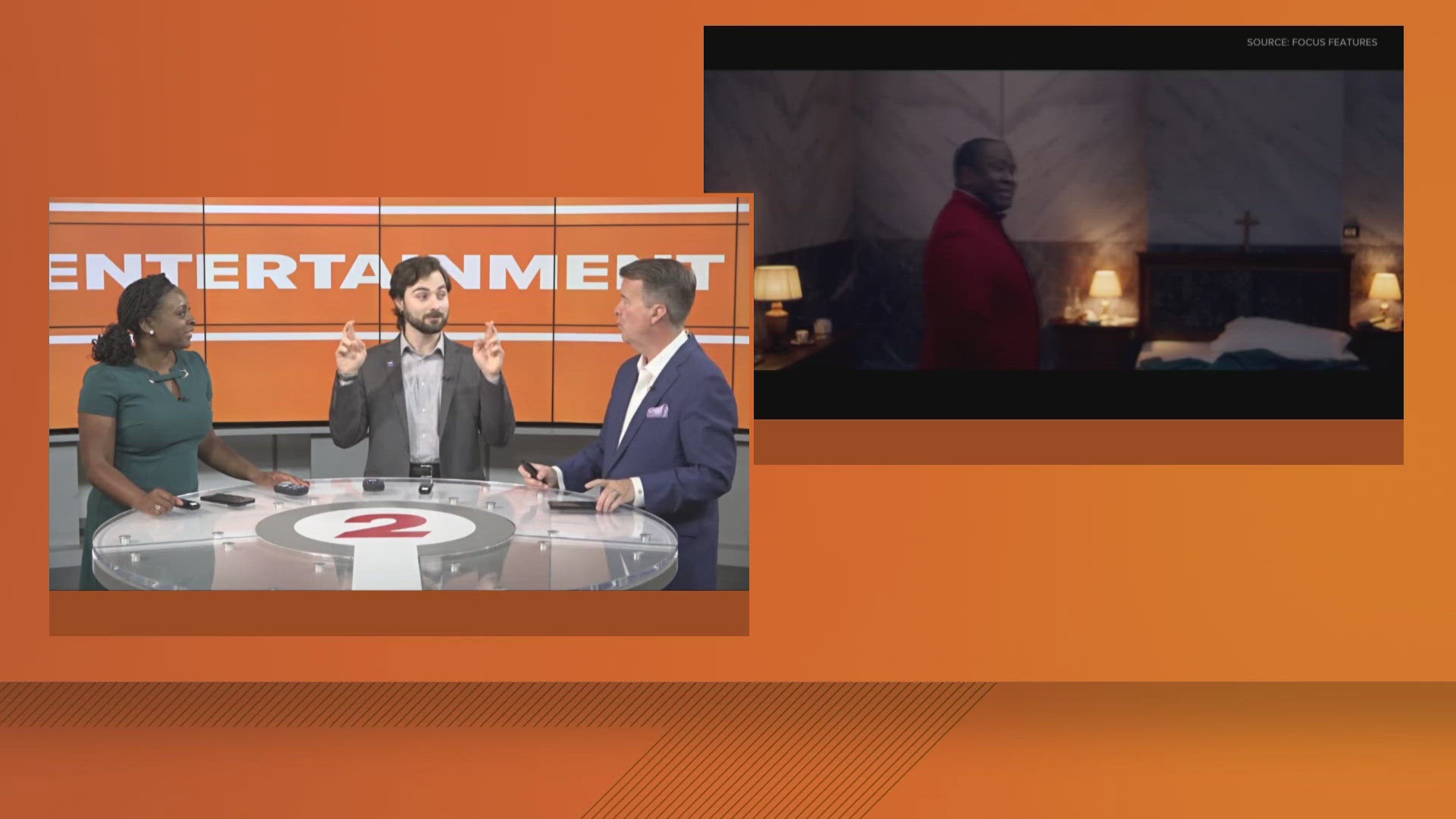Herrera and six fellow SOS members were charged with crimes including armed robbery and aggravated kidnapping - many against suspected drug dealers. They have all pled not guilty. They are also accused of routinely lying on police reports. "Creative writing was a certain term that bosses used to make sure that the job got done," he says. His bosses, says Herrera, wanted the cases to stick in court. "I didn't just pick up a pen and just learn how to [lie on reports]. Bosses, guys that I work with who were older than I was...It's taught to you," he tells Couric.
The SOS mission was to get drugs and guns off the street, he says, "at any cost." Getting the job done often entailed breaking the rules, says Herrera. He describes to Couric a hypothetical scenario where to make a case stick against a gunman who tossed his weapon, a cop would lie in the police report and say that the gun never left the man's hand. "Do you want that guy...that just shot somebody to not go to jail because he threw the gun? Or do you want him to go to jail because he never let the gun out of his hand?" asks Herrera. "I know what I've got to do." Pressed by Couric that his implication was that few or no officers went by the book, Herrera responds, "Maybe [some obey the rules]. This isn't...Podunk, Iowa. This is the city of Chicago....You've got to do a job," he says. And he says he was told he was doing a good job. "I got high-fives and honorable mentions and department commendations," says Herrera.
Eventually, Herrera tells Couric, he went way over the line, sometimes taking money stolen from suspects. Herrera rationalized his first cut of illicit money. "I'm going to go tell a supervisor? No. And you just tell yourself it's not going to happen again...No one is going to know," he tells Couric. It did happen again and often, says Herrera. According to prosecutors, SOS members stole hundreds of thousands of dollars.
On these raids and in the unit's street work there was a senior officer in SOS, Jerry Finnigan, who, though not a sergeant was effectively "in charge" says Herrera. Officer Finnigan was indicted with the rest and accused of being their ringleader. He was once an idol of Herrera's. "To me he was like Superman," he tells Couric. But, he says, Finnigan went too far. According to Herrera, Finnigan came to him last summer with a plan to deal with two former colleagues set to testify against them. "Jerry Finnigan decided that they didn't need to be breathing anymore," says Herrera.
This was a tipping point for Herrera and a moment to seize some kind of redemption. "I don't have my star or my gun, but I'm still a cop. I'm going to stop you from doing this," he says he thought at the time. He went to the FBI, who gave him a device to record Finnigan. On the recording, says Herrera, "he called [the alleged murder plot] a 'paint job.' He just said 'some really good painters [would do the killing]. We'd never have to paint again,'" Herrera says Finnigan told him. Herrera says Finnigan even spoke of killing two more former Chicago cops from SOS. Finnigan was charged by federal prosecutors with planning a murder for hire based on Herrera's recordings - a charge Finnigan denies.
Chicago Police Superintendent Jody Weis, brought in to stabilize the department after the SOS scandal, says Herrera's story of street misconduct rings true. "I think there probably was an atmosphere.... 'Maybe we are breaking the laws, but look what we've accomplished.' They lost their way and it saddens me," he tells Couric. Of the charge that supervisors knew and encouraged the misconduct, "That is horrific in my eyes," says Weis.
Chicago Mayor Richard Daley acknowledges the taint on his police department left by the SOS indictments, but says his officers primarily help the public. "It could be 10 or 15 or 20 [misconduct incidents] but every day we're answering thousands of calls....You don't allow a series of things to overcome the police mission of serving and protecting the people of the city of Chicago," he tells Couric.
VIDEO/>

